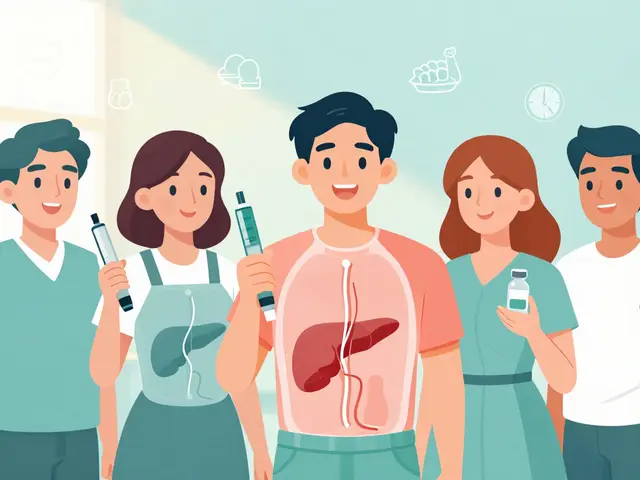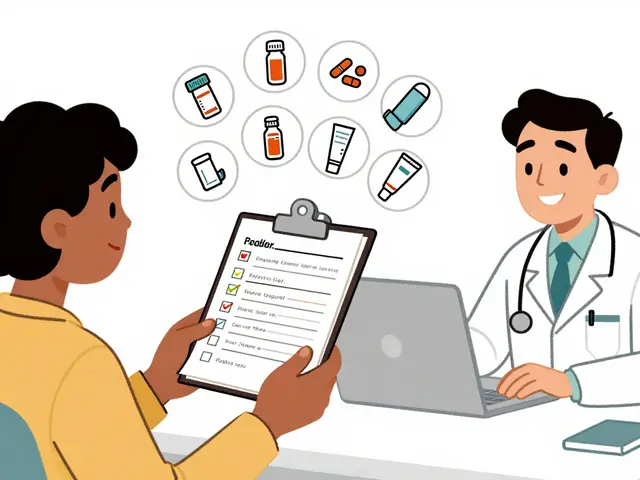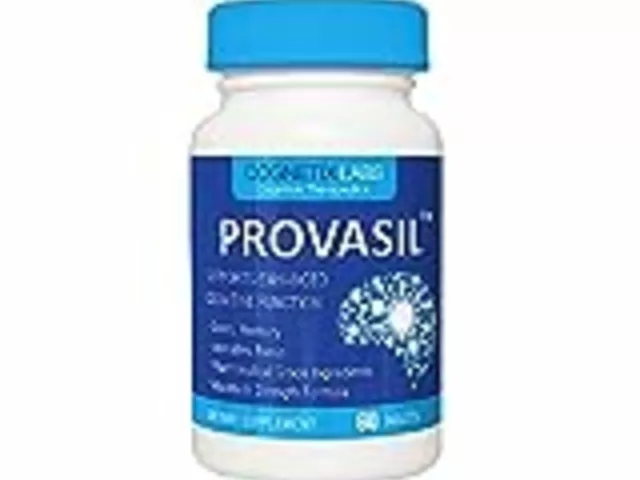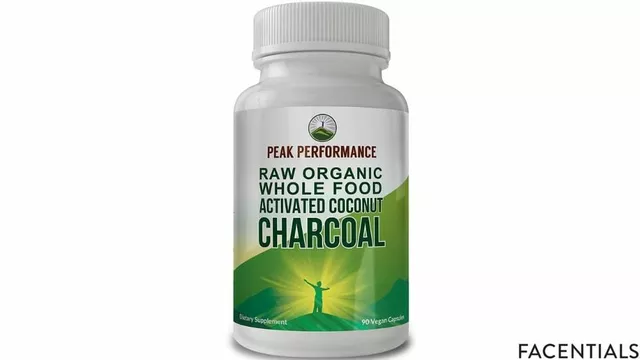Biosimilar Substitution: What It Is and Why It Matters for Patients and Prescribers
When you hear biosimilar substitution, the practice of replacing a brand-name biologic drug with a highly similar, lower-cost version approved by regulators. Also known as biologic interchange, it's changing how millions access treatments for cancer, arthritis, and autoimmune diseases. Unlike regular generics, which copy simple chemical drugs, biosimilars are made from living cells and are nearly identical to their reference biologics—like Humira or Enbrel—but cost up to 65% less.
This isn’t just about saving money. biosimilars, medications developed to match the structure and function of original biologic drugs with no clinically meaningful differences have been rigorously tested in clinical trials and approved by the FDA and EMA. They work the same way in the body, with the same safety profile. But here’s the catch: not all states or countries allow automatic substitution without a doctor’s approval. That’s why understanding drug cost savings, the financial benefit gained by switching from expensive biologics to biosimilars matters—both for your wallet and for healthcare systems trying to stretch limited budgets.
Some patients worry switching will cause side effects or reduce effectiveness. Studies show that in most cases, it doesn’t. The FDA requires biosimilars to meet the same high standards as the original. But if you’re on a biologic for a serious condition like Crohn’s or rheumatoid arthritis, you deserve to know your options. Your doctor can help you decide if a biosimilar is right for you, based on your medical history, insurance rules, and how your body responds.
What you’ll find in the posts below are real-world guides on how biosimilar substitution fits into daily care—from how pharmacists handle label changes to what happens when a patient switches from a brand-name drug to a biosimilar. You’ll also see how this shift connects to prescription safety, medication guides, and the broader push for affordable treatments. No fluff. Just clear, practical info to help you make smarter choices about your meds.
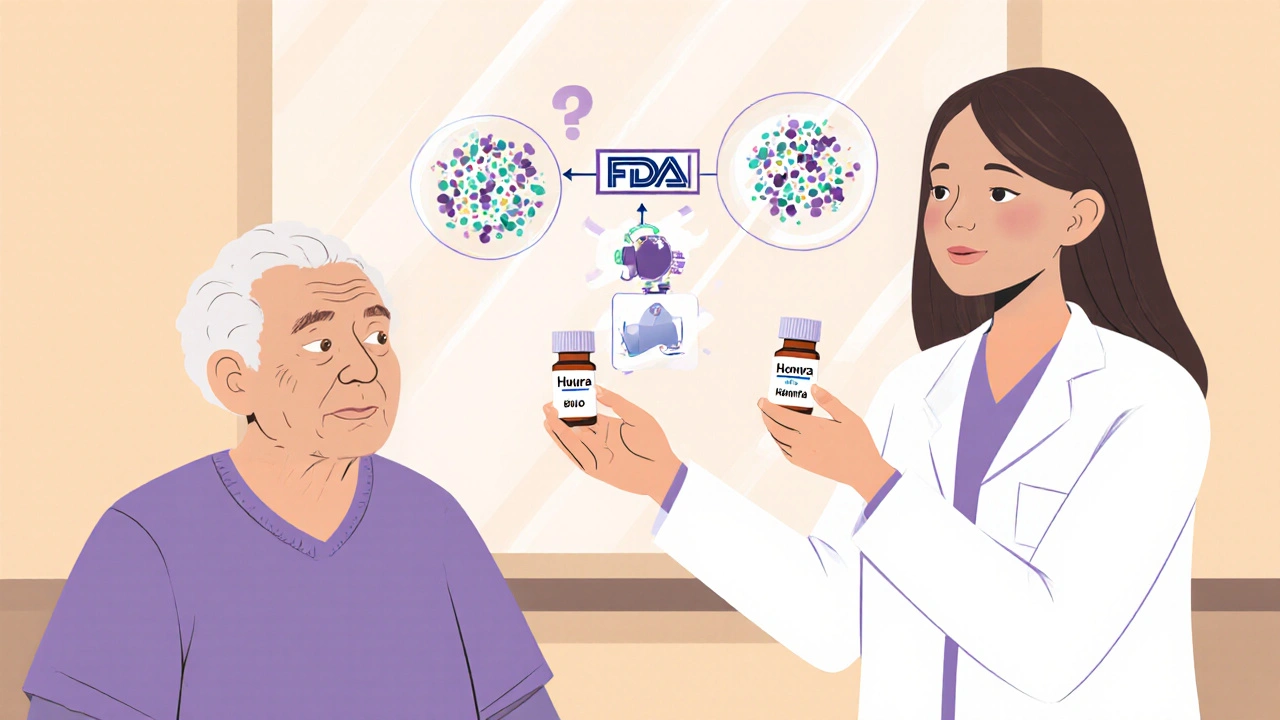
Pharmacists play a vital role in biosimilar adoption by counseling patients, ensuring safe substitution, and overcoming prescriber resistance. Unlike generics, biosimilars require specialized knowledge and careful communication to build trust and improve access to affordable biologic treatments.



